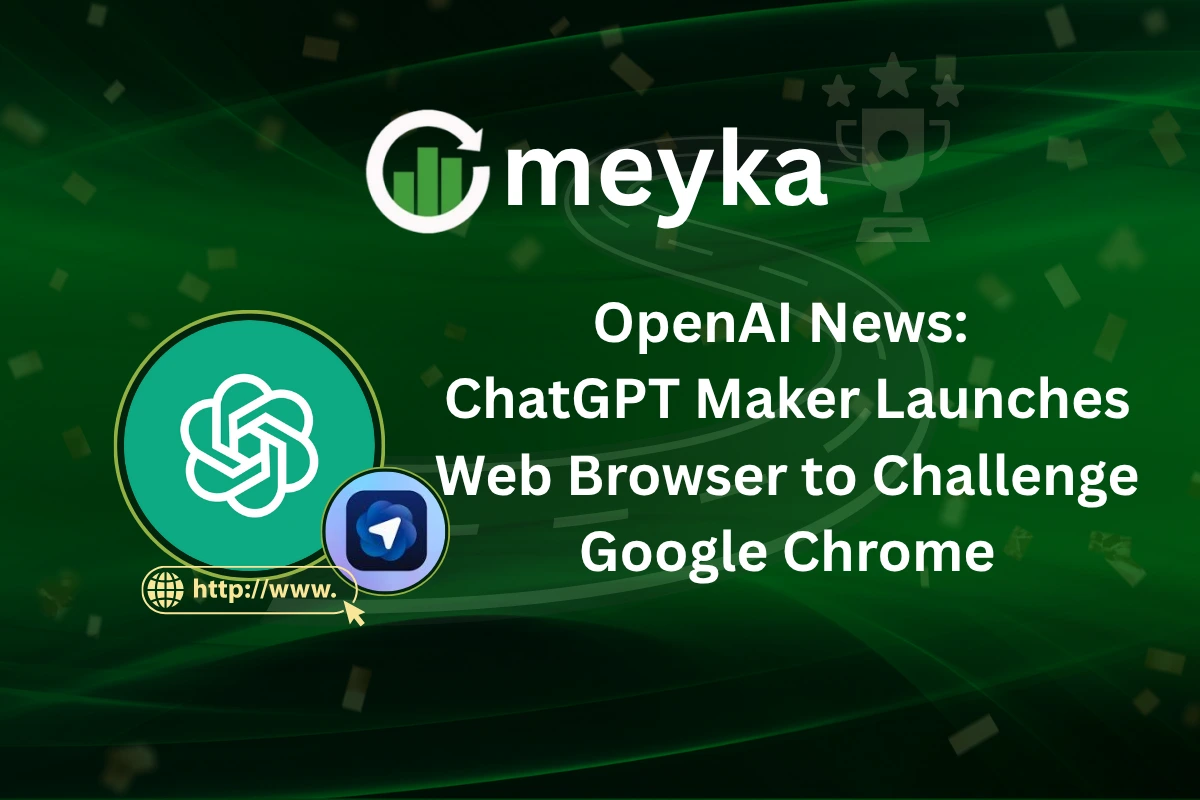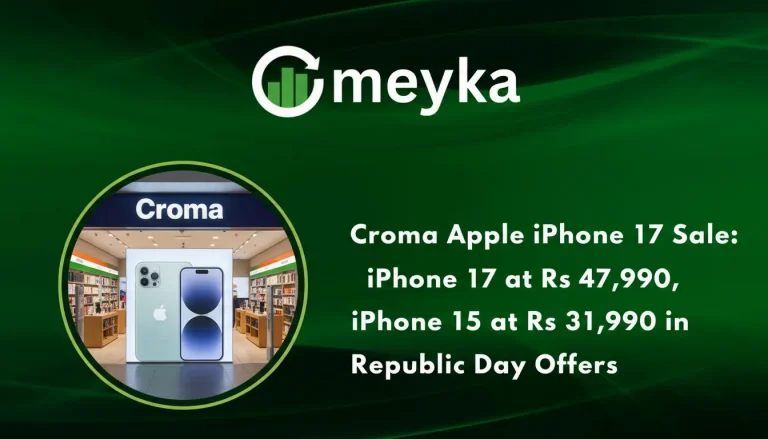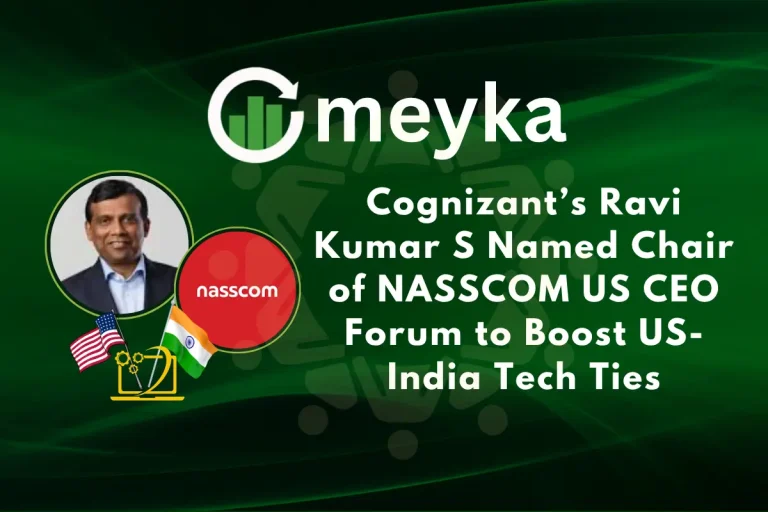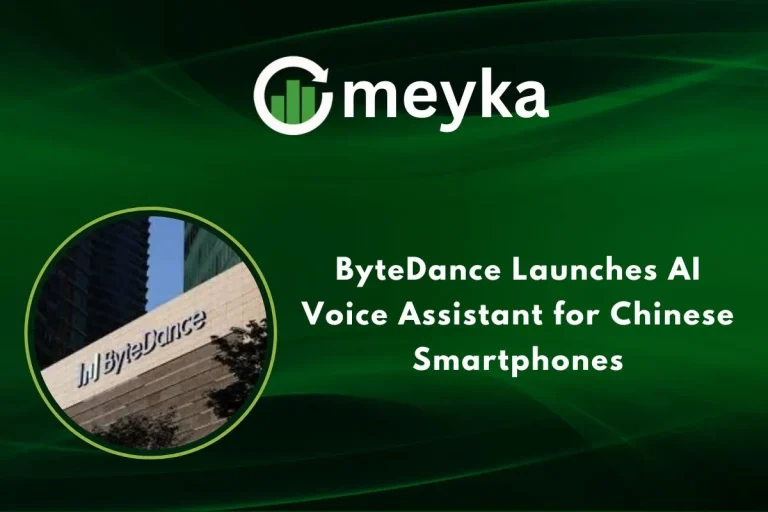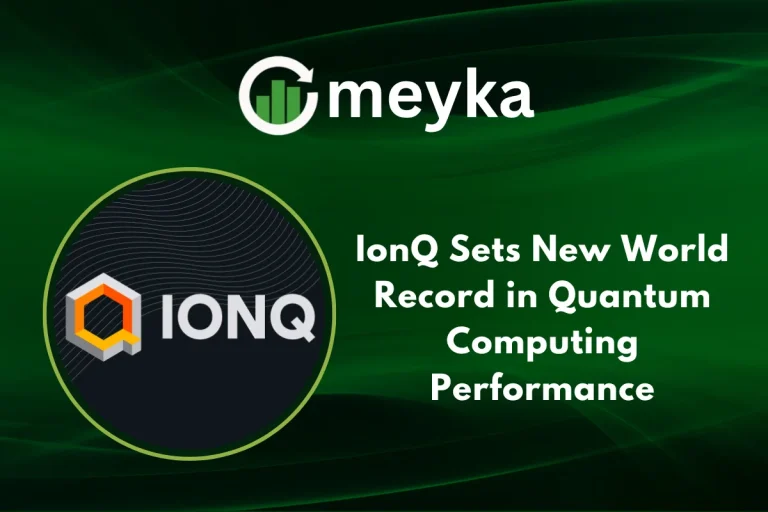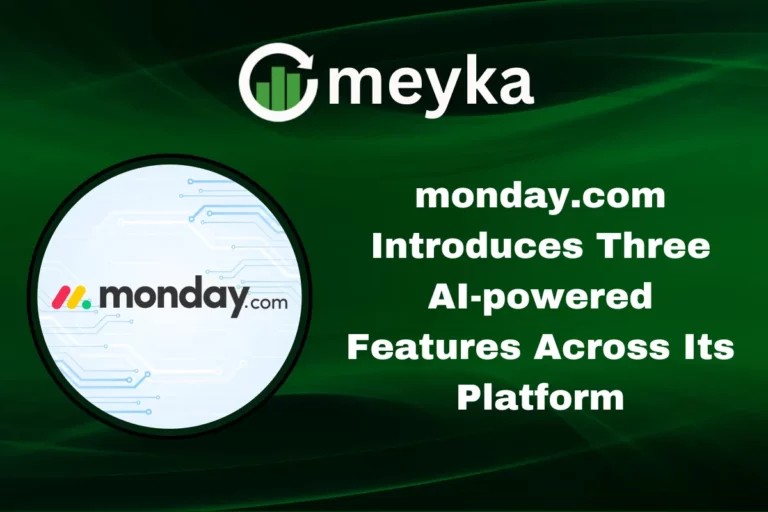OpenAI News: ChatGPT Maker Launches Web Browser to Challenge Google Chrome
On October 21, 2025, OpenAI news surprised the tech world by launching its own AI-powered web browser, a bold step that directly challenges Google Chrome’s long-time dominance. The new browser, called ChatGPT Atlas, blends browsing and conversation into one experience. Users can search, summarize, or complete online tasks without switching tabs. It feels less like surfing the web and more like talking to a smart assistant.
This move marks OpenAI’s biggest expansion since ChatGPT itself. By entering the browser market, the company is aiming for a deeper connection with users, not just through chat, but through every click and search. It’s also a clear signal to Google and Microsoft that the AI race is moving beyond apps and into the web itself.
As the line between chatbots and browsers fades, OpenAI’s Atlas could redefine how people explore, learn, and interact online.
Features and How ChatGPT Atlas Works?
OpenAI built ChatGPT Atlas to make browsing feel like a conversation. The browser places ChatGPT at the center. A persistent sidebar can summarize articles, compare products, and pull facts from the page without leaving the tab. Atlas also introduces an “Agent mode” that can act on the web.
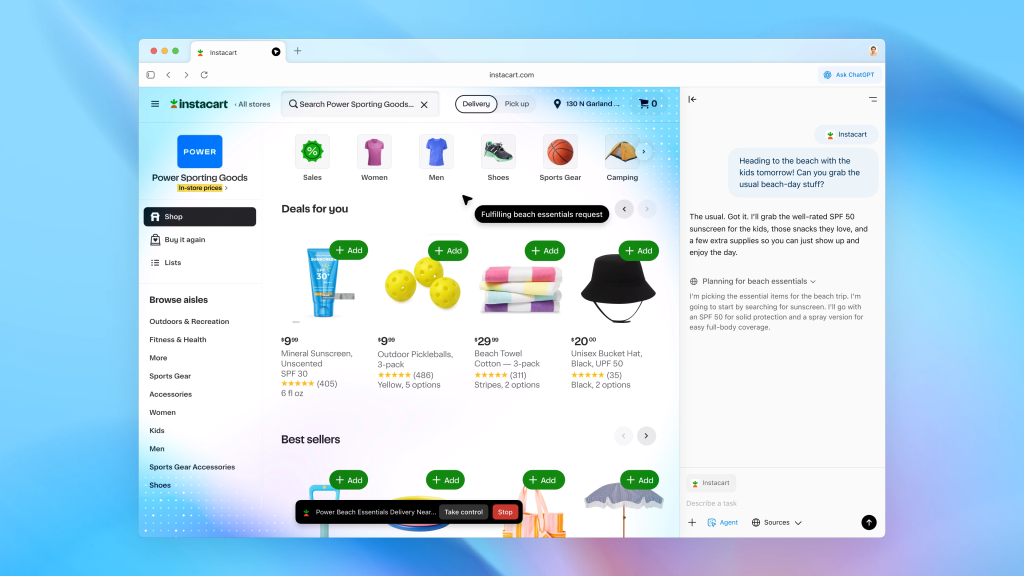
In Agent mode, the browser can research a trip, compare ticket prices, or fill forms on behalf of a user, actions that would normally require many manual steps. These features were rolled out with the macOS release on October 21, 2025.
Why OpenAI Moved into Browsers?
OpenAI already runs a giant chat product. Embedding that product into a browser gives the company direct access to user flows. A browser is the gateway to search, shopping, and news. Owning that gateway lets OpenAI offer deeper, persistent assistance than a plug-in or site can.

The company also sees new ways to build revenue. Ads, premium agent features, and e-commerce integrations are now natural extensions of a browser that can act for a user. Analysts point out that access to browsing signals could change how AI models are trained or monetized.
How do ChatGPT Atlas Challenges affect Google and the Market?
Google Chrome still has a vast reach. Chrome’s integration with Google Search and Android makes it the default for billions. Atlas tries to break that pattern by offering AI assistance inside the browser itself. If users accept automated, chat-first interactions, traffic patterns could shift.
That would affect search referrals and ad flows. The move also pushes other players to accelerate AI features inside their browsers. OpenAI’s launch signals that the next phase of competition will be about AI behavior inside the browser, not just speed or extension ecosystems.
Practical Risks and Technical Limits
Switching browsers is hard. People keep bookmarks, accounts, and extensions. Atlas must match or beat Chrome on speed, compatibility, and stability to gain users. There are also privacy and trust questions.
A browser that remembers browsing context and performs actions raises data-use concerns. Publishers worry that AI summaries will reduce page visits. That could compress ad revenue and make content economics harder for newsrooms and independent creators. OpenAI news has announced user controls for memory and privacy, but it must earn trust over time.
Impacts on Publishers, Advertisers, and Users
If Atlas summarizes content and completes transactions without sending users to the source, referral traffic could fall. Lower traffic means fewer ad impressions and subscription conversions. Publishers already negotiating licensing with AI firms will now have a new front to consider.
For advertisers, the change could mean different signals for targeting and fewer tracked clicks. For ordinary users, the shift offers convenience. Tasks that once took many tabs and manual comparison could be handled in minutes. Balance will be crucial: convenience for users versus fair compensation for creators.
Monetization and Business Outlook
OpenAI is not a typical browser company. The firm has spent heavily on capacity and product development. A browser can offer subscription tiers, premium agent features, and targeted ads. Paid Agent mode previews are already part of the rollout. Investors and analysts will watch whether Atlas can convert ChatGPT’s large user base into profitable browser usage.
AI Tools, such as an AI stock research analysis tool, may begin to integrate with browser assistants, making the product attractive to niche professionals as well as general users. Ultimately, revenue will depend on user retention and how well OpenAI ties actions in the browser to services worth paying for.
Regulatory and Ethical Questions
Regulators are watching big tech’s AI moves closely. Browsers sit at the interface of search and personal data. That makes them sensitive from an antitrust and privacy perspective. If a browser routes traffic away from publishers or bundles services that lock users in, regulators could intervene.
Ethical concerns include hallucinations, biased summaries, and copyright. Atlas must show robust guardrails for accuracy and clear attribution when it uses third-party content. Those guardrails will shape how regulators and partners view the product.
OpenAI News: What to Watch Next?
Key metrics to follow include adoption on Windows, iOS, and Android. Another signal will be how many users enable Agent mode and how often agents complete transactions. Publisher partnerships or licensing deals will indicate whether the web ecosystem adapts.
Watch how Google responds in Chrome and whether regulators open inquiries about defaults or market power. Finally, observe the quality of agent actions. If agents save time without causing errors or legal trouble, adoption will grow.
Bottom Line
OpenAI’s ChatGPT Atlas turned the browser into a battleground on October 21, 2025. The product promises faster answers and hands-off task completion. That convenience could change who benefits from online attention. The technical promise is real. The social and business consequences are complex. The next months will show whether Atlas is a novelty or the start of a deeper shift in how people use the web.
Frequently Asked Questions (FAQs)
ChatGPT Atlas is OpenAI’s new AI-powered browser, launched on October 21, 2025. It helps users search, summarize pages, and complete tasks using ChatGPT directly inside the browser.
Atlas offers AI features that Chrome does not, like chat summaries and automated tasks. Chrome remains widely used. Which is better depends on user needs and personal preference as of October 2025.
OpenAI released Atlas first for macOS on October 21, 2025. Windows, iOS, and Android versions are planned, but the exact release dates have not been announced yet.
Disclaimer: The content shared by Meyka AI PTY LTD is solely for research and informational purposes. Meyka is not a financial advisory service, and the information provided should not be considered investment or trading advice.
